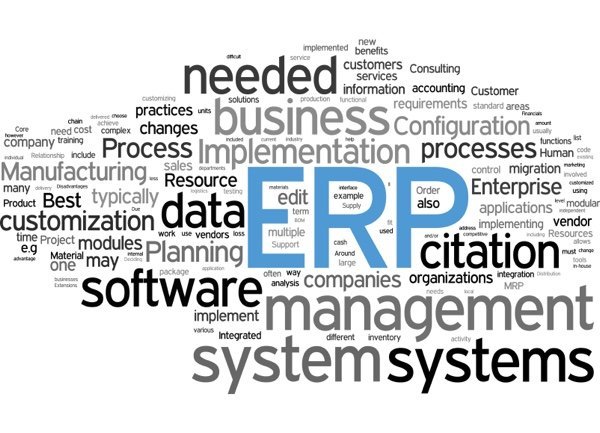 Tips on Choosing an ERP Software
Tips on Choosing an ERP Software
There are so many ERP options that exist today such that selecting a package that works for one’s business can be a hard task. A lot of buyers normally pick a system and then adjust the business operations to match that of then software. This is the wrong approach and it has led to many failures in business process due to failed ERP software. An ERP is supposed to make the business compete better thus its selection needs to be carefully done.
Since the ERP is a business initiative then even before commencing the selection process the buyer needs to familiarize themselves with the business processes, weaknesses and core strengths. This analysis should include what the person thinks the processes should look like in the future and what business requirements have to be met to achieve this. These processes and business needs should be the criterion used to evaluate potential software vendors on how they demonstrate the capabilities of their ERP systems in view of the business needs.
Fundamentally the purchase of an ERP software is a business process but this does not negate the fact that the person needs to know how the software solution will fit into the existing technology framework.
Another important thing to factor in is the cost of ownership. Most vendors during the ERP sales process downplay the costs and risks that come with buying their systems. However the buyer need to do their due diligence because it is easier to accept the potential cost earlier on before making the purchase as opposed to coming across them after making committing to a particular solution. In the research process they are bound to come across other costs like software and hardware maintenance and upgrade costs, bringing the project team up to speed on the software among other hidden costs.
The buyer needs to set their own implementation plan because sellers can give the buyer an unrealistic time frame. There are various factors that need to be included such as issues to do with software installations and other issues like proper functioning, testing and acceptance by users. This plan has to be created before the buyer agrees to buy the ERP machine so that they can be prepared for the cost of implementation. The plan needs to be full proof and thus it should include other aspects of the business process like the design process, the work flow process and other change management activities. By sticking to the points discussed above the buyer can make a logical decision on which ERP software is good for their business needs and will help them have a competitive advantage.


